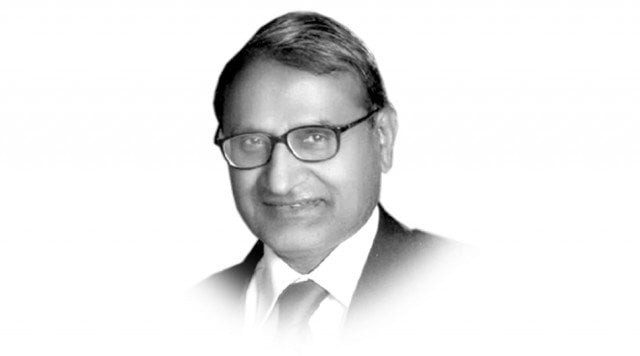
Before we analyse these claims and counter claims, it has to be said with much regret that the party of that great rights campaigner Bacha Khan and the champion of undiluted democracy, Abdul Wali Khan, seems to have acted with callous neglect and cruel arrogance. First it used brute state force, much like the erstwhile centrist sultans of Pakistan, to suppress the demonstration of resentment by Hazaras against their non-recognition in the renaming of the province. The right of the Hazaras to be recognised is as important as the right of the Pakhtuns to win their identity back. Secondly, if the ANP government had its heart in the right place, it would have announced some measures in the budget to assuage the hurt that the Hazaras felt after the renaming. The budget speech made no mention of Hazara and what the chief minister has said now while winding up the debate on the budget in the provincial assembly, is a reaction to public criticism.
In contrast, the government of Punjab made a special mention in the budget speech of over Rs50 billion for the development of southern Punjab, despite the fact that the movement for the Seraiki Sooba exists only in some drawing rooms. As a percentage of the Annual Development Programme (ADP), the allocation was more than its share in the population of Punjab. The amount of Rs5.6 billion indicated in the winding up speech by the KP chief minister is 8.08 per cent of the total ADP size of Rs69.3 billion. This is way below the proportions of population and area of Hazara in KP, 20 and 25 per cent respectively. Indeed the allocation is also less than the revenue contributed by Hazara in the generation of electricity, exploitation of forests and as a major tourist destination.
The chief minister also talked about some federal projects in Hazara. Viewed as a whole, the share of Hazara in the federal public sector development programme (PSDP) for Khyber-Pakhtunkhwa is also far less than its population and area entitled to it. The share in federal PSDP usually depends on who attends the Executive Committee of the National Economic Council and other meetings and has opportunities to lobby for favourite projects. Hazara seems to have no such clout at the moment. In the past, the chief ministers hailing from Hazara pretended to act in ‘national’ rather than local interest.
What has happened in Hazara is a reflection of the lopsided development in the country over the past six decades. By instituting a multiple criteria to apportion resources between the provinces, the seventh NFC recognised that some provinces had been left behind. However, the marginalisation within the provinces is an issue of no less significance. As greater resources flow to the provinces, the centre-periphery discourse will increasingly be conducted within the provinces. This should raise no eyebrows, given that serious inter-regional inequities exist within the provinces. New provinces are a way of making the people take charge of their own destiny, rather than finding scapegoats elsewhere for their economic misfortunes. The result will be a stronger not weaker federation.
Published in The Express Tribune, July 2nd, 2010.
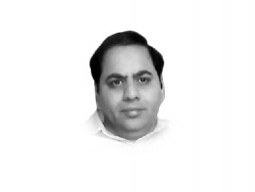

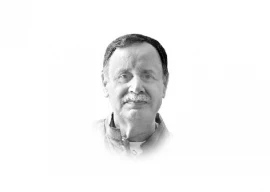



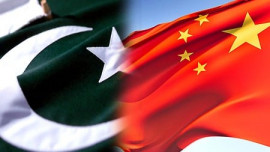

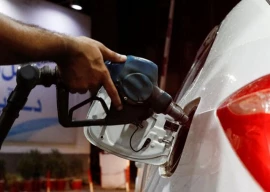
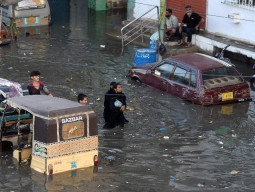
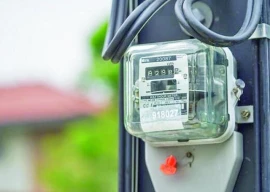


COMMENTS
Comments are moderated and generally will be posted if they are on-topic and not abusive.
For more information, please see our Comments FAQ